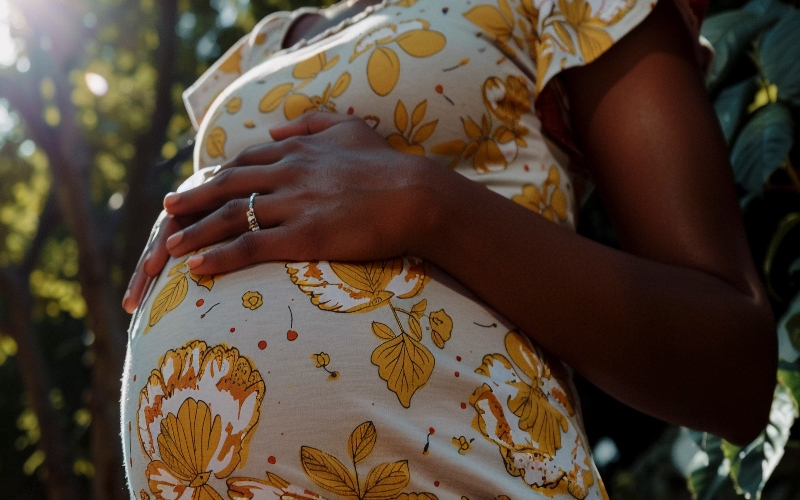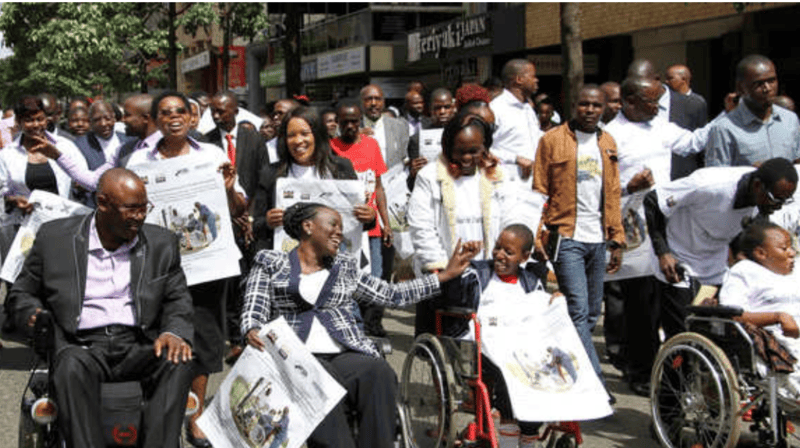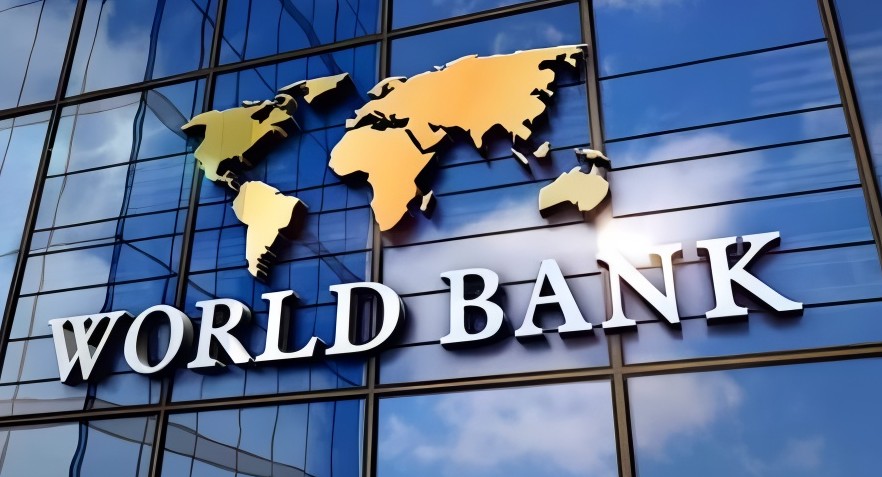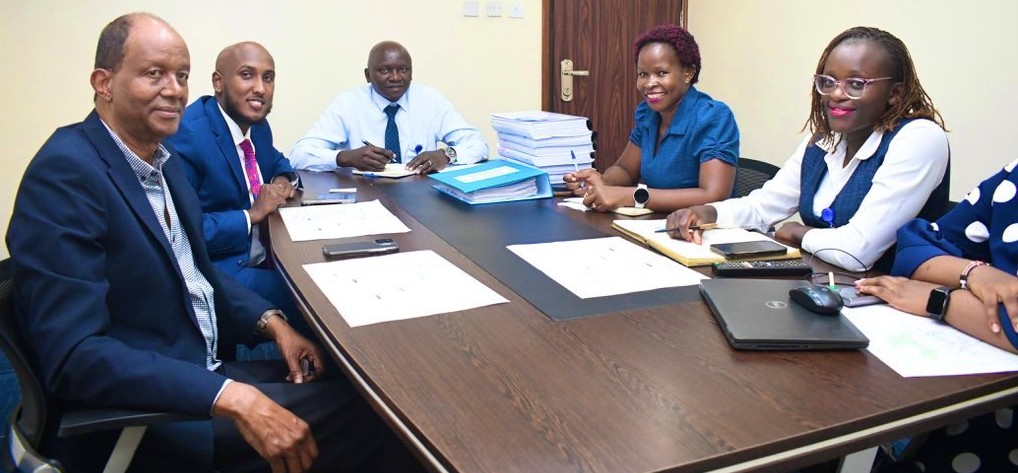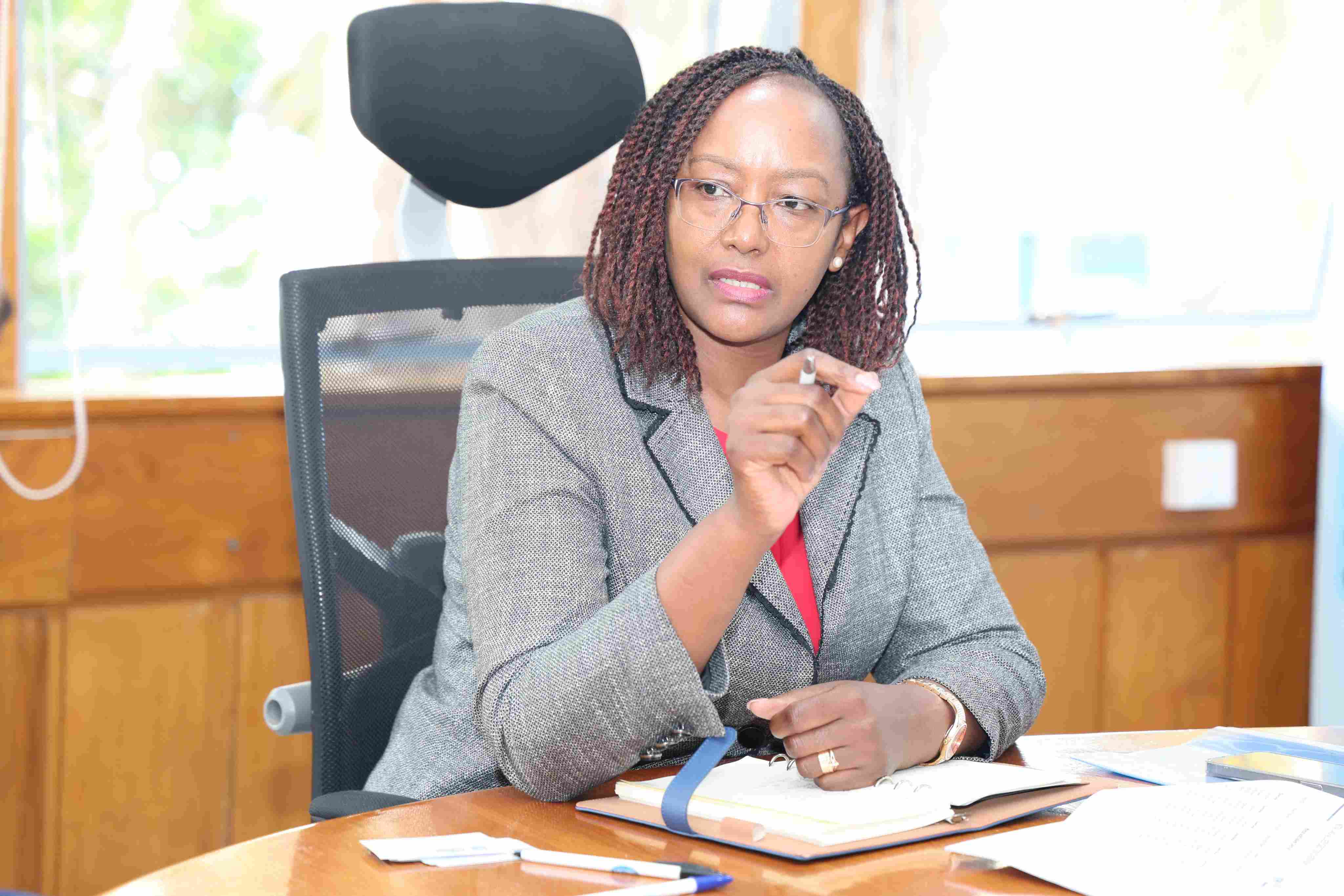Kenya least vulnerable to fraud in East Africa but still among world’s riskiest - report

According to the report, released on Tuesday by global identity verification firm Sumsub and Statista, Kenya performed slightly better than its regional peers but remains among the world's highest-risk countries.
Kenya has been ranked East Africa's least vulnerable country to fraud, but still placed 99th out of 112 nations in the 2025 Global Fraud Index, highlighting the region's continued struggle to combat financial and digital crimes.
According to the report, released on Tuesday by global identity verification firm Sumsub and Statista, Kenya performed slightly better than its regional peers but remains among the world's highest-risk countries.
More To Read
- 152 officers fail integrity tests as EACC flags widespread ethical breaches
- EACC intensifies war on corruption, recovers Sh3.4 billion in assets
- EACC report exposes billions lost to corruption in state agencies, counties
- EACC traces Sh22.9 billion, recovers Sh3.4 billion in fight against corruption
- Kenya calls for united African front against rising cyberthreats as regional forum opens in Nairobi
- X introduces transparency tool to curb bots and impersonation
CryptoUK, the MENA Fintech Association, and Vixio Regulatory Intelligence also contributed to the index, which assessed countries on anti-fraud policies, infrastructure, fraud prevalence, access to resources and economic resilience.
The report ranked Ethiopia 102nd, followed by Rwanda at 105th, Uganda at 107th, and Tanzania at 108th.
Across the continent, Mauritius emerged as Africa's most fraud-protected country, ranking 22nd globally, followed by Botswana (46th), Morocco (50th), Tunisia (67th) and South Africa (74th). Nigeria, West Africa's largest economy, was placed 110th, among the world's bottom three.
The index also showed Africa as the most exposed region globally, with an average fraud vulnerability score of 3.84, compared to the global average of 2.79. Europe (2.13) and the Middle East (2.25) recorded the stronger protection frameworks, while Asia Pacific and the Americas averaged 3.50 and 2.83, respectively.
The 2025 report expanded its coverage to include Kenya, Senegal, Uganda, Tanzania, and Nigeria for the first time. Among them, Senegal recorded the weakest resource capacity, revealing severe gaps in technical expertise and tools to address emerging fraud threats.
"Fraud is evolving faster than many national systems can respond," said Hannes Bezuidenhout, Sumsub's Vice President for Africa.
"Africa's digital acceleration presents immense opportunity but also exposes structural weaknesses that must be addressed through policy harmonisation and technology-driven defences."
The study also pointed to notable global shifts between 2024 and 2025. Singapore, last year's top performer, dropped to 10th place, while Morocco jumped 27 positions to 50th and Thailand rose 25 places to 33rd, gains credited to targeted anti-fraud reforms.
Conversely, Malaysia dropped 52 places, signalling declining resilience amid growing digital threats.
Luxembourg topped the 2025 index, followed by Denmark, Finland, Norway, and the Netherlands, all known for robust regulations, high digital literacy and strong institutional safeguards.
According to the report, for Africa to strengthen trust in its rapidly expanding digital economy, governments and private players must close systemic gaps through improved regulation, cross-border data sharing and wider adoption of fraud-prevention technologies.
"This year's Global Fraud Index shows that fraud protection isn't about geography; it's about governance. For technology leaders, the message is clear: treat fraud exposure like system uptime. It requires constant monitoring," said Timothy Owens, Senior Research Lead at Statista.
Top Stories Today
